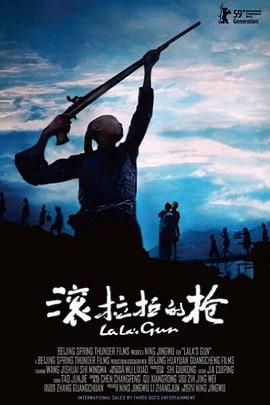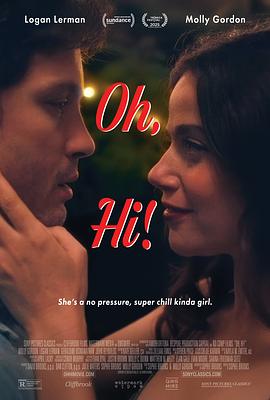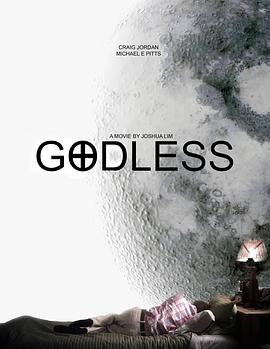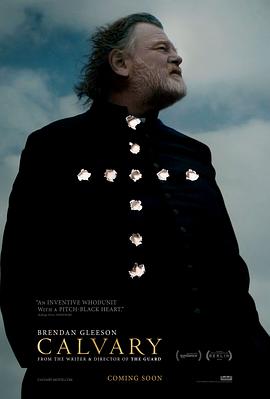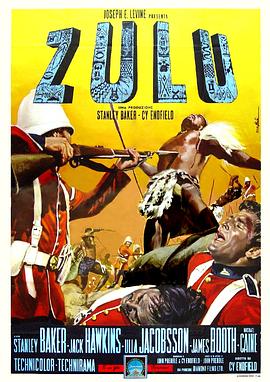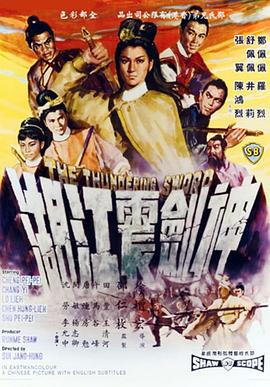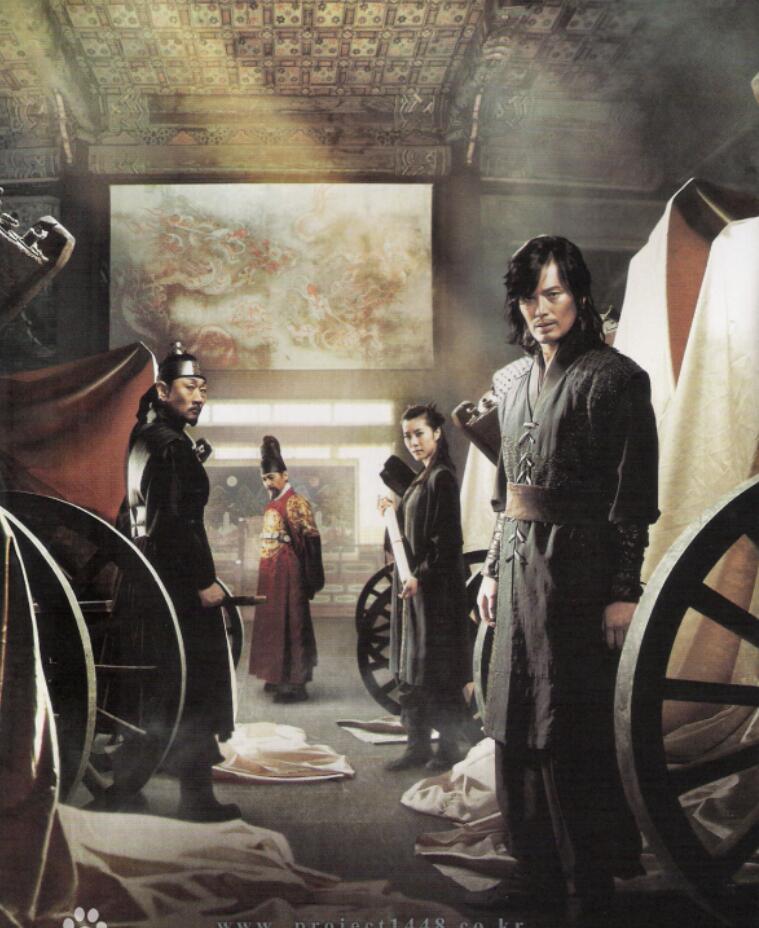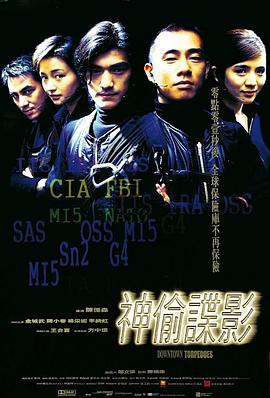In 1994, with the assistance of China and the Soviet Union, the North Vietnamese army launched a large-scale invasion into South Vietnam. The Soviet a[Expand All]
In 1994, with the assistance of China and the Soviet Union, the North Vietnamese army launched a large-scale invasion into South Vietnam. The Soviet army crossed the Berlin Wall and occupied West Berlin. The two camps of the East and the West immediately became on the verge of conflict, and a nuclear war was imminent. While the British government is actively preparing for the nuclear attack, it is also teaching people how to deal with it. Unfortunately, ordinary people lack proper scientific prevention knowledge, and even the most rudimentary nuclear protection facilities seem too expensive for them. Then a nuclear war broke out: a tactical thermonuclear bomb landed in Kent, near London. A million people were immediately reduced to ashes happily, and the living began a long inferno on earth. After World War II, the British government openly interfered in BBC (British Broadcasting Corporation) programs three times. One was in the 195455 report on hydrogen bombs, another was during the Suez Canal crisis in 1956, and the third was in the 1965 film "War Games" about Peter Woolkins. This film was originally commissioned by the BBC to commemorate the 20th anniversary of the tragic atomic bombs dropped on Hiroshima and Nagasaki. However, after its completion, it was regarded by the government as a propaganda material for the nuclear disarmament movement due to its overly realistic and powerful impact and appeal, as well as its comprehensive negation of the completely useless nuclear policy of the United Kingdom. As a result, the government intervened with the BBC, first demanding large-scale cuts and eventually even imposing a house arrest order. This led to the film being banned by the BBC, which has always been known for its enlightened and impartial nature, for as long as twenty years.[Collapse]




